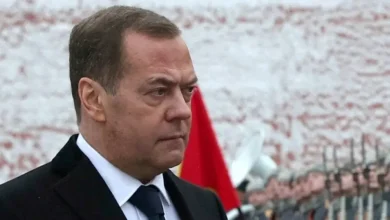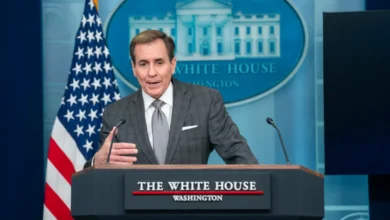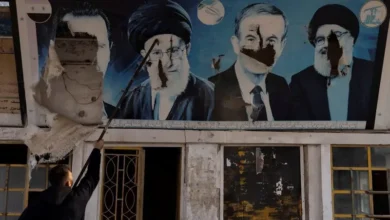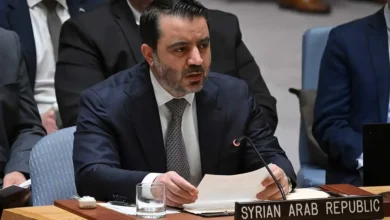Australia jails ‘Asia’s El Chapo’ for 16 years
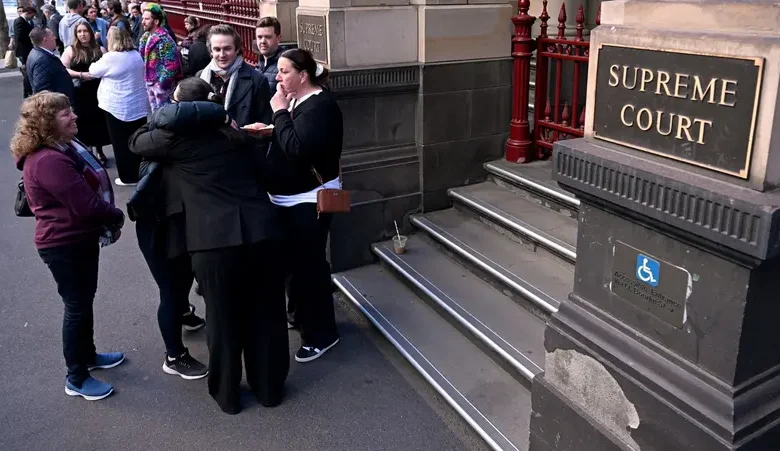
An Australian court has jailed for 16 years the former kingpin of a multibillion-dollar drug trafficking syndicate, police said on Thursday, bringing to a close their 14-year investigation of man popularly called “Asia’s El Chapo.”
Court records show the Canadian national, Tse Chi Lop, 62, pleaded guilty last month to conspiracy to traffic commercial quantities of illegal drugs into Australia between 2012 and 2013.
“This investigation highlights that the long arm of the Australian Federal Police (AFP) can reach criminals across the world,” Commissioner Krissy Barrett, said in a statement.
Tse was the former leader of a sprawling transnational syndicate that police called the “Sam Gor syndicate,” for his nickname “Sam Gor,” or Brother Number Three in Cantonese.
In Melbourne, the County Court of Victoria sentenced Tse to a 16-year jail term, and he will be eligible for parole after 10 years.
The scale of Tse’s operation prompted comparisons to Latin America’s most notorious narcotraffickers, El Chapo and Pablo Escobar.
At its peak, his syndicate was the biggest trafficker of methamphetamine to Australia, police have said.
The United Nations has estimated it makes as much as $17.7 billion a year funneling methamphetamine to countries from Japan in North Asia to New Zealand in the South Pacific.
The AFP began investigating the network and its domestic offshoots in 2012. Dutch police arrested Tse at Amsterdam’s Schiphol Airport in 2021, before he was extradited to Australia.





